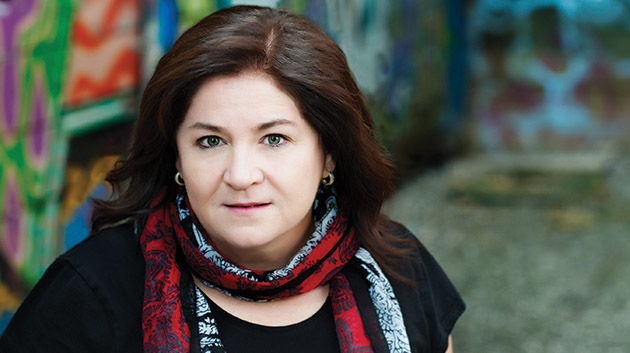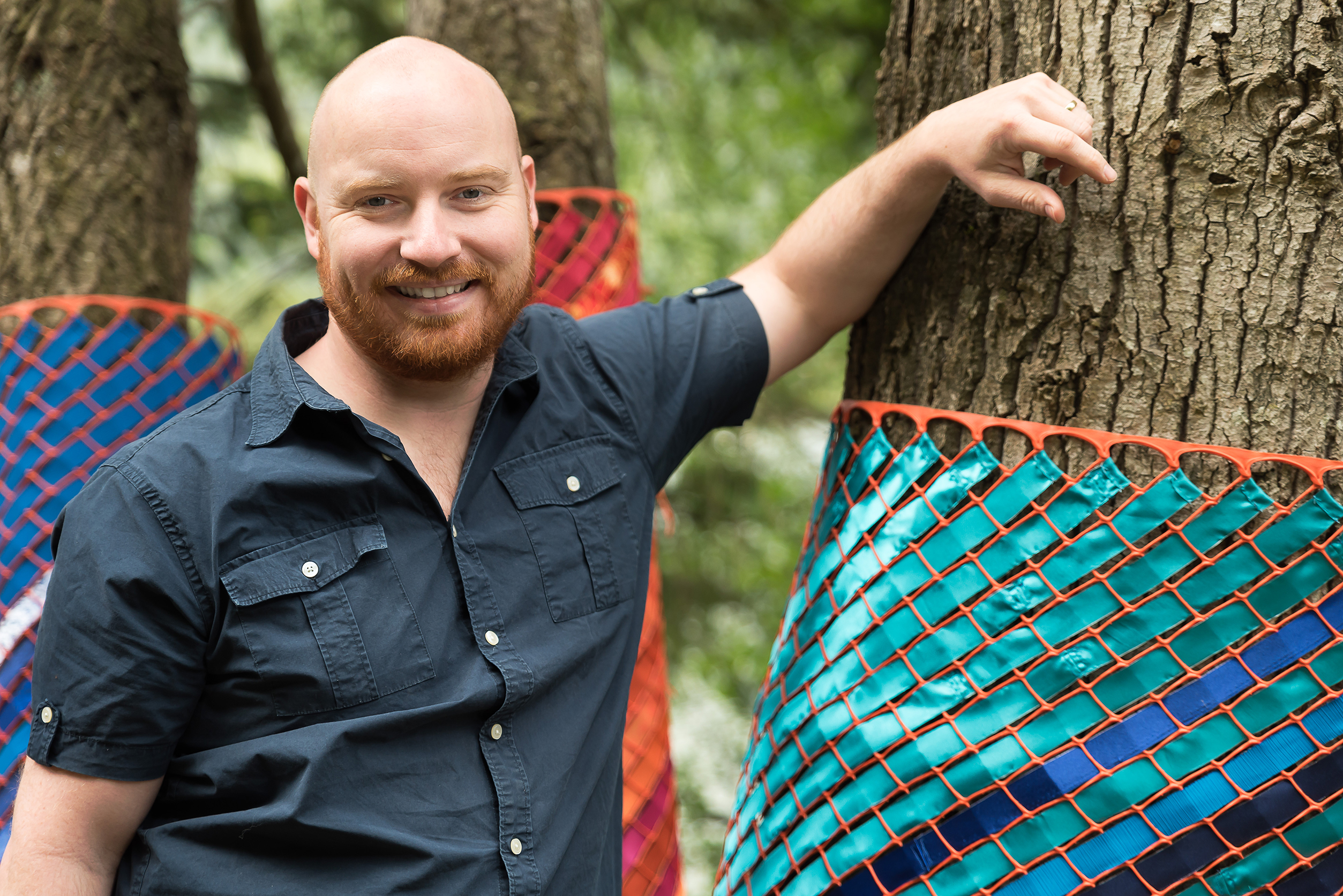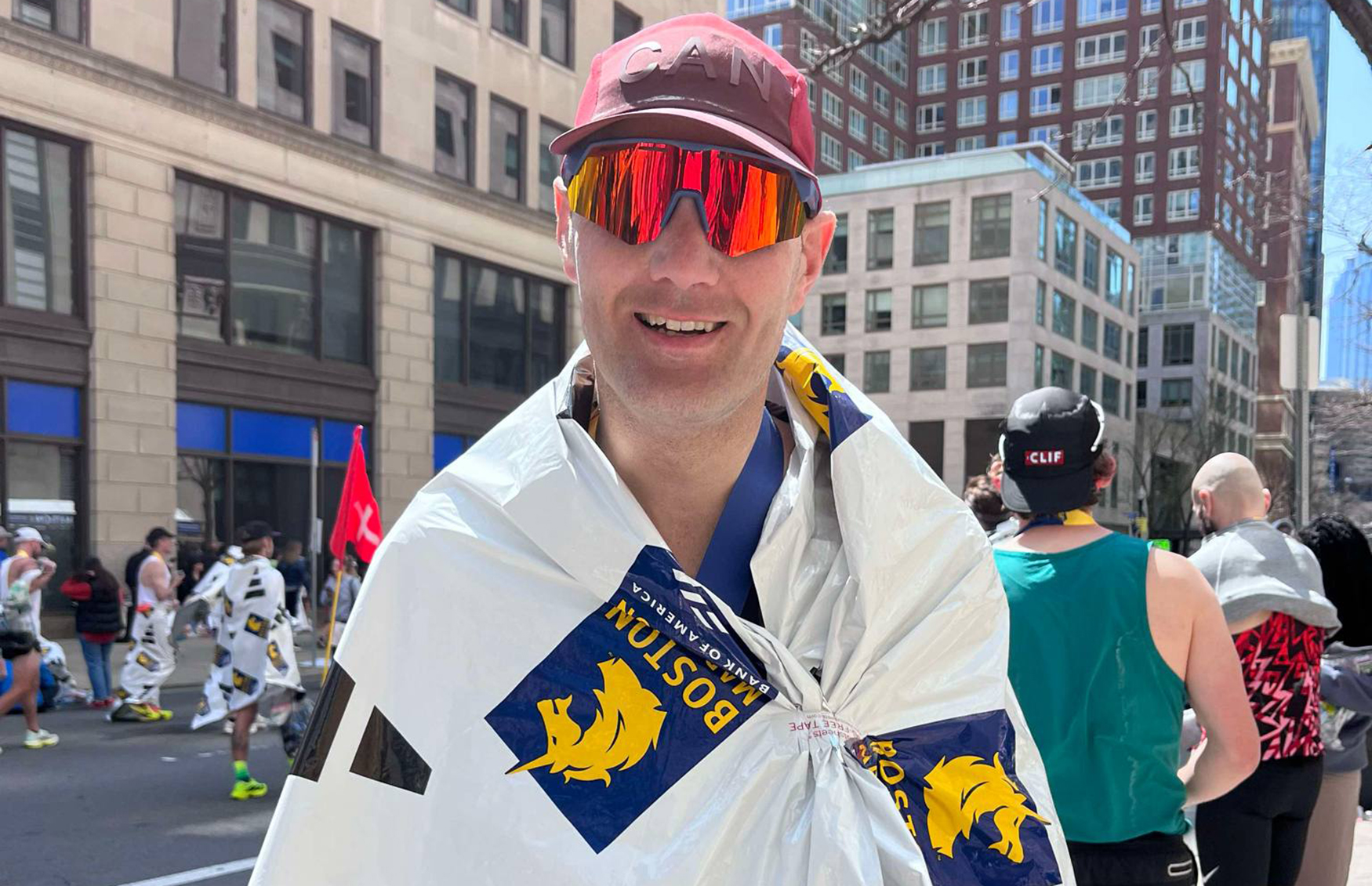Kim Bolan earns honorary degree for dedication to journalism

Fearless, compassionate and wildly determined, Kim Bolan is commonly counted among Canada’s top journalists.
Her body of work is unparalleled, from covering arguably the biggest crime story in Canadian history to reporting on a gangster’s plan to kill her at home.
For this and much more, Bolan will be recognized for her outstanding achievements with an honorary Doctor of Letters degree at the University of the Fraser Valley at its June 5 afternoon Convocation ceremonies.
“I’m very happy it’s UFV, because I’ve spent a lot of time covering controversial issues in the Fraser Valley, and I’ve tried doing it with humanity,” Bolan says.
“I’ve tried to show the resilience of communities dealing with these issues.”
A newspaper veteran of 34 years, Bolan cut her teeth not far from her childhood home in Courtenay, writing for the Comox District Free Press — sending stories on the bus to Victoria in the pre-digital days to be published in the daily Colonist newspaper. Fortified by a bachelor’s degree from the University of Victoria and master’s degree in journalism from the University of Western Ontario, she moved to the big city.
For the past three decades her legacy has been pressed into the pages of the Vancouver Sun. She burst onto the national news scene while covering the 1985 bombing of Air India Flight 182. Her coverage garnered aggression from many connected to the case, leading to death threats and bullets fired at her house.
Undeterred, she installed surveillance cameras and other security measures and carried on.
That experience only steeled her resolve to keep criminals accountable while preparing for her next major beat: the Lower Mainland gang wars — where it seemed the only thing Red Scorpion or United Nations members could agree on was that Bolan shared too much about them.
In 2008 she started a crime blog called The Real Scoop, supplementing her hard news writing with insider information on explosive gang activity.
Consequently, the Red Scorpions sent a dead rat to her newsroom.
Bolan didn’t miss a beat, saying, “Generally I don’t think journalists should be threatened into not telling stories.”
Once, while the only reporter in the courtroom listening to a gangster describe how he smashed the face of a debtor with a sledgehammer and arranged a cartel hit of a close UN friend, Bolan sat through his recollection of stalking her house and neighbourhood while planning her murder.
“It was pretty disturbing,” she recalls.
“I really didn’t know what to do with that information.”
Ultimately, she did what she does best: report.
Her writing isn’t exclusively focused on crime. She takes pride in coverage related to minorities, social services, education, and women, as well as global conflicts.
In 2017 Bolan was presented with the prestigious Jack Webster Lifetime Achievement Award. She’s also been awarded the Courage in Journalism Award by the International Women’s Media Foundation, the first ever Press Freedom Award from the National Press Club of Canada, two National Newspaper Awards, two Canadian Association of Journalists awards, the Reg Robson award for her commitment to freedom of expression, the Paul Kidd Courage Prize, the Tara Singh Hayer Memorial Award, the 2017 Bruce Hutchison Lifetime Achievement Award, and six Jack Webster awards.
“This is definitely what I’m born to do. And it’s a job I will continue to do because it’s important to shine a light on these dark corners in our community, even when I don’t like what I see.”
As a part-time journalism instructor Bolan empowers the next generation to shine their light, too. While she started without so much as a fax machine in her first Vancouver Island office, reporters armed with cell phones now dive into stories as writers, photographers, videographers, editors, and more.
“I’m so excited when I see all the talented young journalists we have,” she says.
“Without local news democracies suffer, and bigger news organizations wouldn’t have the original work to do the bigger, more in-depth investigations.
“The people who are going into journalism now aren’t going into it to get rich or land a good union job — they’re passionate about reporting. In a way, newspapers have never had a stronger generation of journalists serving our communities than we do right now. You’re getting the cream of the crop.”
In recent years, journalism has faced incredible challenges. Newspapers have folded while scores of experienced journalists started new professions.
“I think journalism overall is threatened, but I do think there’s a growing recognition of the importance of community news. It’s been a rough stretch for the industry but I hope we’re out of the woods.”
Bolan half-jokes that she’s “probably missed 10 buyout opportunities in the past 10 years.”
Now in her 50s, any thought of switching careers fades quickly.
“It crosses your mind occasionally, but then I think ‘who will tell these stories?’
“Ultimately it’s the beginning of history. I feel it’s a privilege.”
-30-




